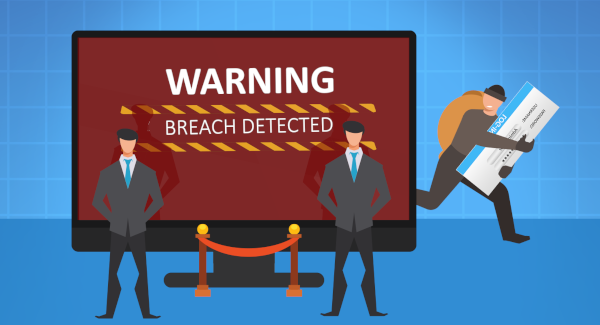Many everyday objects can lead to identity theft and they can often get overlooked because your focus is on your computers and cloud accounts. Yes, it is important to have strong passphrases and use antivirus on your PC, but you also need to be wary of other ways that hackers and thieves can get access to your personal data. Here are six common things that criminals can use to steal your information.
Old Mobile Devices
People generally replace their phones about every two and a half years and tablets slightly longer. There are a load of old devices laying around containing personal data. Just think of all the information that is on your phone or tablet:
- email and calendar entries.
- personal and business data that has been synced with various cloud services (Dropbox, SharePoint etc)
- apps. Banking and other financial apps. Personal health related apps and data.
- photos and videos.
- voicemail and text messages.
- legal document and licenses.
A cybercriminal can easily strike data theft gold by finding an old smartphone. Thus you should never just throw away electronics like normal garbage. You need to properly dispose of these devices and make sure that you properly clean and erase all data.
USB Drives
Have you ever seen a “lost” USB stick laying around? Being the good Samaritan, you plug the drive into your computer to see if you can identify its owner and then return it to them.
But you should never plug a USB device of unknown origin into your computer as this is an old trick in the hacker’s book. They plant malware on these so called “lost” USB drives, then leave them around as bait and as soon as you plug it into your device, it is infected. Check out our blog article on this very topic – If you find a USB drive destroy it.
Printers
Printers are everywhere and did you know that some printers have internal storage drives that contain copies of previously printed documents? Most people don’t know this and also don’t think about printers when implementing security protections. This leaves them open to hackers who can either access the data from the printer or leverage it to attack other devices on the same network.
Wireless printers can also be accessible from neighbouring offices and properties.
Protect printers by ensuring you keep their firmware updated. Always install updates as soon as possible. You should also turn it off when you don’t need it. When the device is off, it is not accessible by a hacker.
Old Computers
When you are disposing of an old computer or an old removable drive, you need to make sure it is clean and just deleting your files is not enough.
Old hard drives can include documents, financial information, emails, contacts and saved passwords. It is best to get help from an IT professional to properly erase all the data on your computers drive. This will make it safe for disposal, donation or reuse.
Rubbish Bins
Identity theft criminals are not only online. They can also be members of your local community or town so be careful what you throw out in your bin.
It is not unusual for garbage to contain old credit card statements, council rates and insurance paperwork. Any of these items could have the information ID thieves need to commit fraud or pose as you.
A shredder can be your best friend in this case and you should shred any documents that contain personal information before you throw them out. This extra step could save you from a costly incident.
IoT Devices
Electronic toys, refrigerators, smart TV’s and any other internet connected device can pose a threat. Mattel’s Hello Barbie was found to enable the theft of personal information via its inbuilt microphone.
These futuristic internet connected devices are what a lot of people think are cool, but they don’t consider any security implications.
Cybercriminals zero in on these IoT toys, knowing they are not going to be as hard to breach. You should be wary of any new internet-connected devices you bring into your home and install all firmware updates. Additionally, do your homework to see if a data breach has involved that device before purchase.
Schedule a Home IT Security Audit & Sleep Better at Night
Do not let the thought of identity theft keep you up at night. Contact us today and schedule an IT security audit as you will be glad you did.

